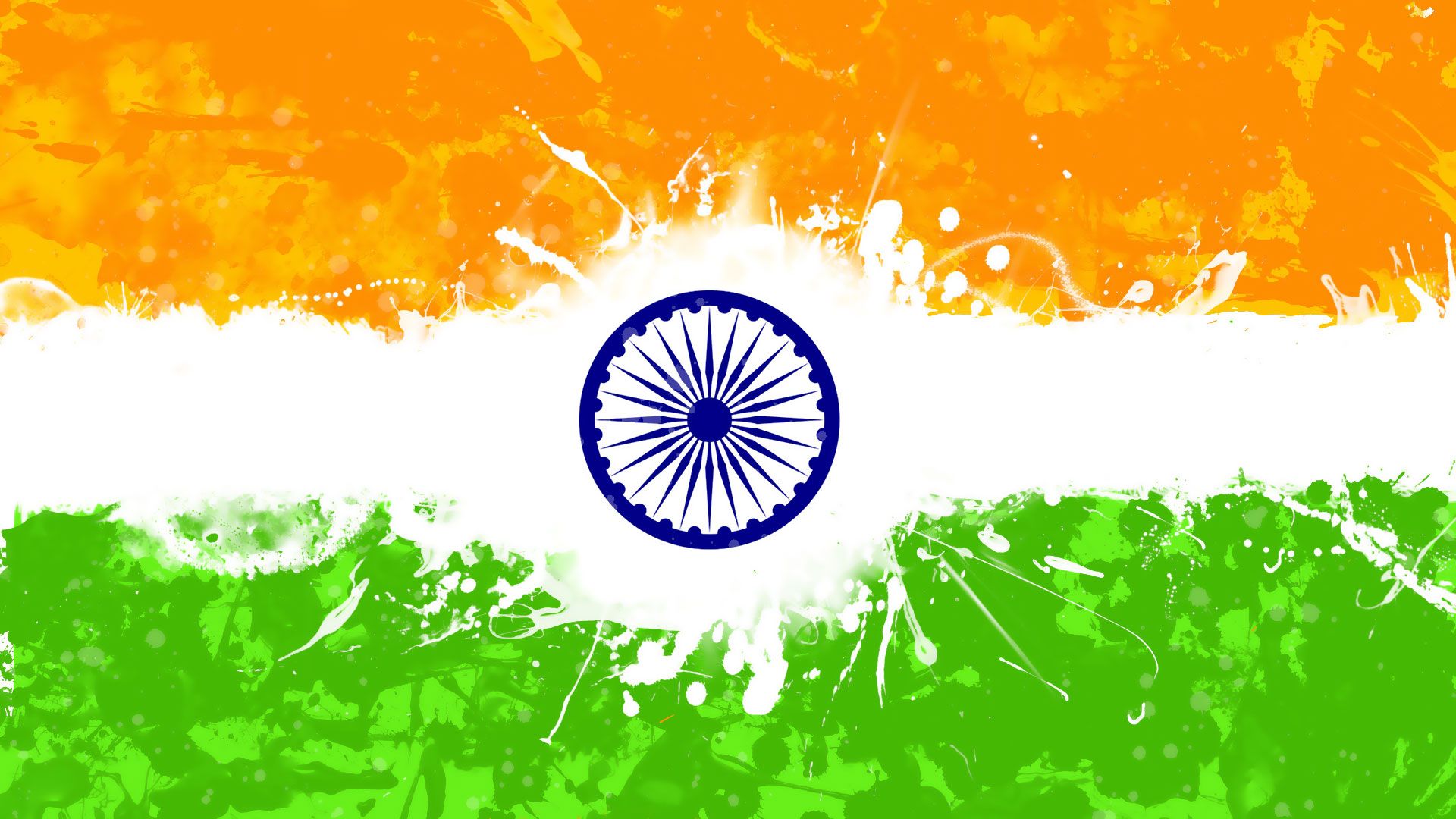
Business Intelligence, Policy Advocacy, Networking, Business Expansion
The cultural sector is one that traditionally relies heavy on public funding for the core activities and institutions of the sector. There is a general recognition that public funding of culture is desireable to ensure cultural diversity, access to culture and a diverse and flourishing sector.
Yet, there is an increasing recognition that it is a sector that is also a real contributor, in terms of growth, jobs and economic spill over into other sectors. In this way, public funding of the cultural sector is also an investment in a strong sector.
There is much academic and political interest in better understanding how culture and creativity can leverage economic growth and jobs and there has been much research in this area in recent years, including also on the impact of the digital shift on the sector.
Culture plays an important role in the development agenda of any nation. It represents a set of shared attitudes, values, goals and practices. Culture and creativity manifest themselves in almost all economic, social and other activities. A country as diverse as India is symbolized by the plurality of its culture. The mandate of the Ministry of Culture revolves around the functions like preservation and conservation of our cultural heritage and promotion of all forms of art and culture, both tangible and intangible. The Ministry’s task is to develop and sustain ways and means through which the creative and aesthetic sensibilities of the people remain active and dynamic. The functional spectrum of this Ministry is wide, ranging from generating cultural awareness at grassroots level to promoting cultural exchanges at international level. In order to achieve these objectives, the Ministry undertakes various activities that flow from subjects allocated under the Govt. of India’s Allocation of Business Rules.
The mission of the department is to preserve, promote and disseminate all forms of art and culture. In order to achieve this, the department undertakes the following activities:
• Maintenance and conservation of heritage, historic sites and ancient monuments
• Administration of libraries
• Promotion of literary, visual and performing arts
• Observation of centenaries and anniversaries of important national personalities and events
• Promotion of institutions and organizations of Buddhist and Tibetan studies
• Promotion of institutional and individual non-official initiatives in the fields of art and culture
• Entering into cultural agreements with foreign countries
• The functional spectrum of the Department ranges from creating cultural awareness from the grass root level to the international cultural exchange level